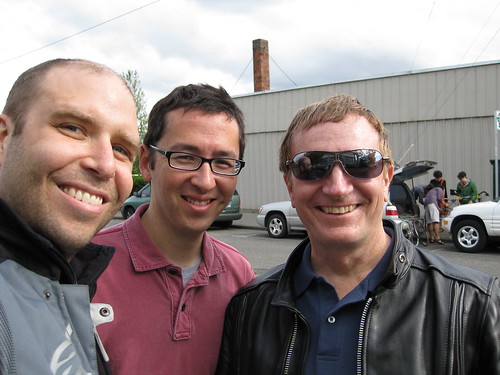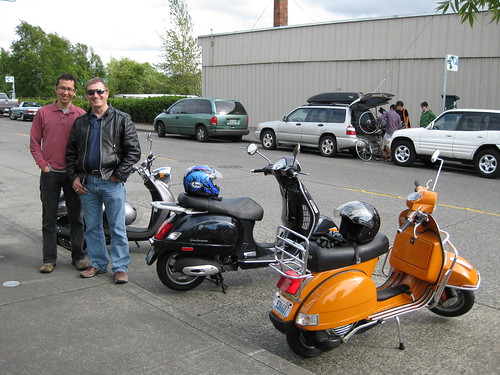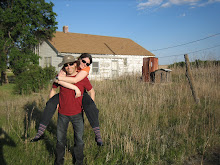The results are in, and they found three potential 6/6 matched donors and also a fully-typed 9/10 matched donor. This sounds totally great, but read on. The devil is in the details.
What this means is that there are three people who match 6 of the 10 antigens based on their preliminary typing (most registries only type donors for 6 antigens) and one person who has already been fully-typed who matches 9 of the 10 antigens. A 10/10 donor is ideal, but a 9/10 donor can sometimes work just as well.
So several things are possible at this point:
- the donors can't be reached because they moved and didn't update the registry
- they're no longer eligible because of age or they end up failing the physical exam required for being a donor
- they turn down the request
- the three partial matches don't match well once they are fully typed. For example, it's possible that they end up matching only 6 of the 10 antigens or any number between 6/10 and 10/10.
The other sort of amazing, and at the same time somewhat sobering, thing to realize is that these are the results of searching the *entire* worldwide database of (10 million) users. So unless a new hit comes up between now and the transplant (they check everyday), these 4 people are the only potential donors we're dealing with. It's a little scary to think about. We're sort of freaked out.
If we don't find a match there are other, more exotic, types of transplants available such as cord blood transplants that don't need to be so closely typed. The downside is that the hospital stay can be longer and there are increased risks. But it's an option.
If it's surprising that there are only 4 results, it was surprising to me too. I expected either thousands or zero. The chance of just 4 seems awfully low. I asked about this and the search coordinator said “your HLA typing isn't what's normally seen in the donor pool of approximately 10 million donors worldwide.” But she was quick to point out that at least we *had* results.
Also, I don't have the contact info of any of the donors and I'm not sure what their policy is about that. I do know that there are transplant recipients who have kept in contact with their donors after the transplant, but it may be that contact is only possible once the donor is agreed upon. I'll check more on this, since I'd personally want to enlist the help of everyone I know to help track down potential donors in case they moved and the transplant center couldn't find them!
So while the results aren't great, at least there are *some* results. So please cross your fingers, pray, do a tribal rain dance or whatever it is you do to see if we can get all the stars to align just right for this.
That’s all I know for now. Over and out.



























